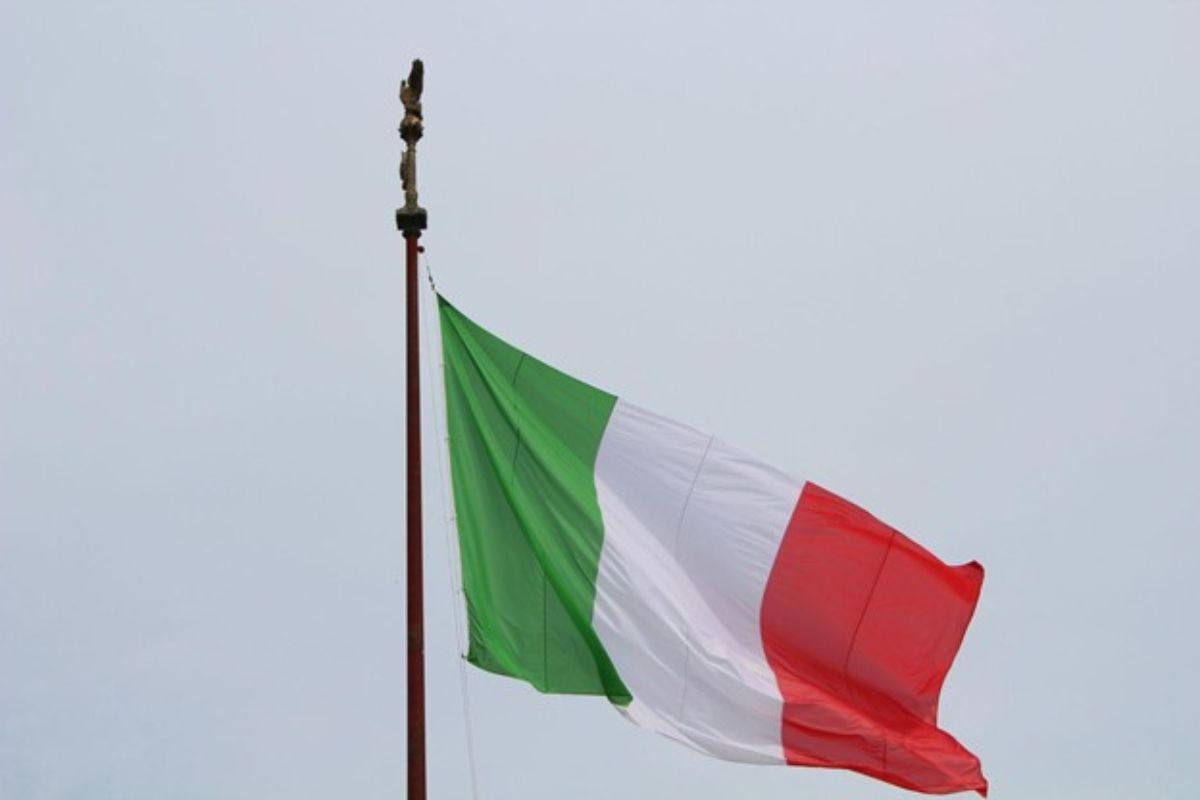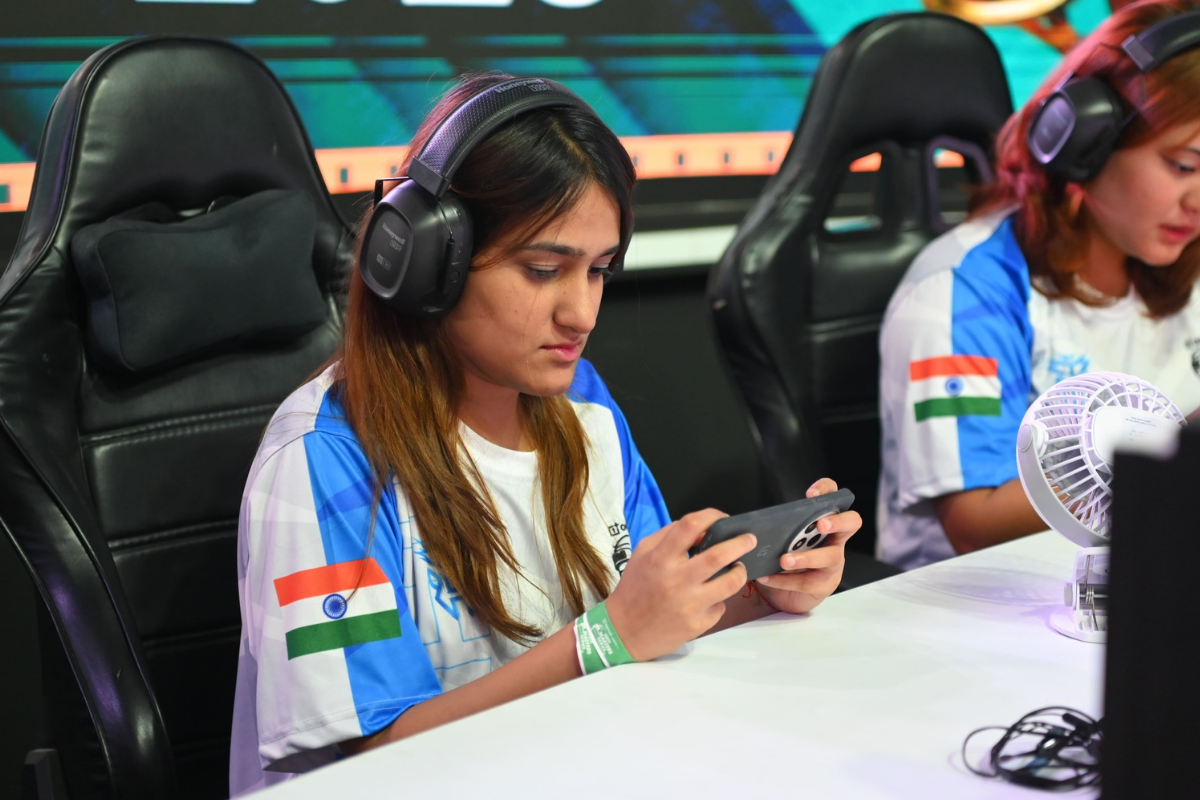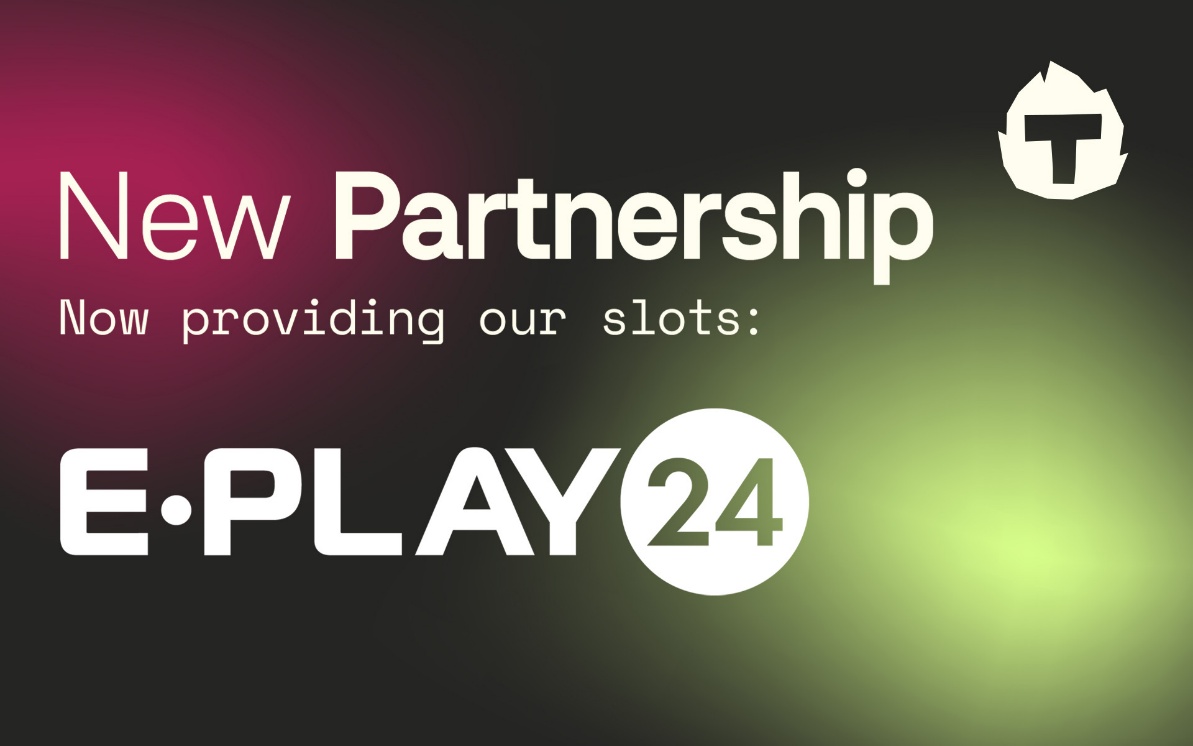Latest News
46 Companies Apply for Italy’s €7 Million Online Gambling Permits

Italy has confirmed that 46 operators have applied for its new online gambling licences, which now cost €7 million each. The application window closed on 1 July, and all bids passed the first stage of checks. This marks the beginning of a wider plan to reshape the country’s gambling sector under updated rules designed to reduce grey market activity and raise compliance standards across the board.
This is expected to increase gambling options in the country. Many players use sites licensed outside Italy because they don’t require them to hand over their sensitive information through invasive and bothersome KYC procedures. These sites typically only require users to provide an email and a password, which makes the sign-up process easy and lightning fast. Once in, players can often enjoy larger bonuses, bigger game libraries, and faster payouts than traditional local options (source: https://www.cardplayer.com/online-casinos/no-kyc-casinos). These sites continue to grow in popularity, and Italy is trying to bring more competition to the local space by making it easier for licensed operators to offer a similar level of service. Bringing in stronger companies with the resources to match what international platforms offer could help shift players back to the local market.
The 46 applicants are competing for 52 permits that will cover sportsbook, casino, and bingo. Each licence will be valid until 2034. The list includes a mix of familiar names and newer operators looking to enter the market or expand. Some already have a strong presence in other regulated markets, while others are focusing on Italy for the first time.
This new round of applications comes after the country introduced a new licensing structure. The previous system, introduced in 2018, allowed operators to buy licences for €200,000. That model has now been replaced by a stricter and more expensive setup that the government believes is better suited to today’s digital market.
Under the updated rules, operators will be required to run their services under a single .it domain. They will also pay a 3% annual fee on net gaming revenue and contribute 0.2% of that revenue to fund responsible gambling efforts. The goal is to raise standards, limit unnecessary domain sprawl, and improve transparency.
The market has become crowded as it’s grown. At the moment, more than 400 gambling websites are active in Italy, and many of them operate in a grey area where regulation is unclear. The new rules are meant to reduce that number and focus on companies that meet stricter conditions. Italy’s aim is to end up with fewer operators that are easier to monitor and more accountable.
Estimates suggest the number of licensed operators will drop from 88 to around 50 once the new system is finalised. Despite this reduction, the market is expected to maintain its current performance levels. Italy’s online gambling sector generates around €5 billion in gross gaming revenue each year. That figure is not expected to fall because the companies that qualify under the new rules have the infrastructure and resources to keep the market steady.
This change does raise the barrier to entry. Smaller operators that can’t afford the new licence fee or meet the updated requirements may exit the market. That’s part of the strategy. The country is aiming for quality over quantity, with a focus on player protection, compliance, and long-term stability.
The first phase of the application process is already complete, and the ADM has now moved on to technical evaluations. Each operator’s systems, security standards, and compliance track record are being reviewed. After that, a financial review will take place to ensure each applicant has the funds and stability to operate under the new system.
Final decisions are expected by early autumn. This gives successful applicants time to make changes before the current licences expire at the end of 2025. From 2026 onwards, all operators will need to meet the new requirements in order to stay active in the Italian market.
Other countries in Europe are watching how this plays out. Italy’s new structure includes higher entry fees, stricter conditions, and more focus on accountability. If it works as planned, it could influence how gambling is regulated in other parts of the EU.
-

 Latest News7 days ago
Latest News7 days agoPIN-UP Global Transforms into the RedCore Business Group
-

 Asia7 days ago
Asia7 days agoNew Indian Law Aims to Curb Online Money Gambling Sector, Prohibits Related Advertising
-

 Asia7 days ago
Asia7 days agoChicken Road Game Launches in India, Expands Mobile Gaming Catalogue
-

 Latest News6 days ago
Latest News6 days agoSOFTSWISS Wins Best Game Aggregator Award in Latin America
-

 Balkans7 days ago
Balkans7 days agoELA Games Partners With Superbet to Expand Offerings in Serbia
-

 Compliance Updates7 days ago
Compliance Updates7 days agoRomania Blocks 30 Unlicensed Gambling Websites
-

 Asia6 days ago
Asia6 days agoNational Sports Day: Why it’s time to see esports as a key pillar of India’s new-age sporting identity
-

 Latest News7 days ago
Latest News7 days agoOG of fast cars drops in games: Porsche adopts in-car gaming with AirConsole



























